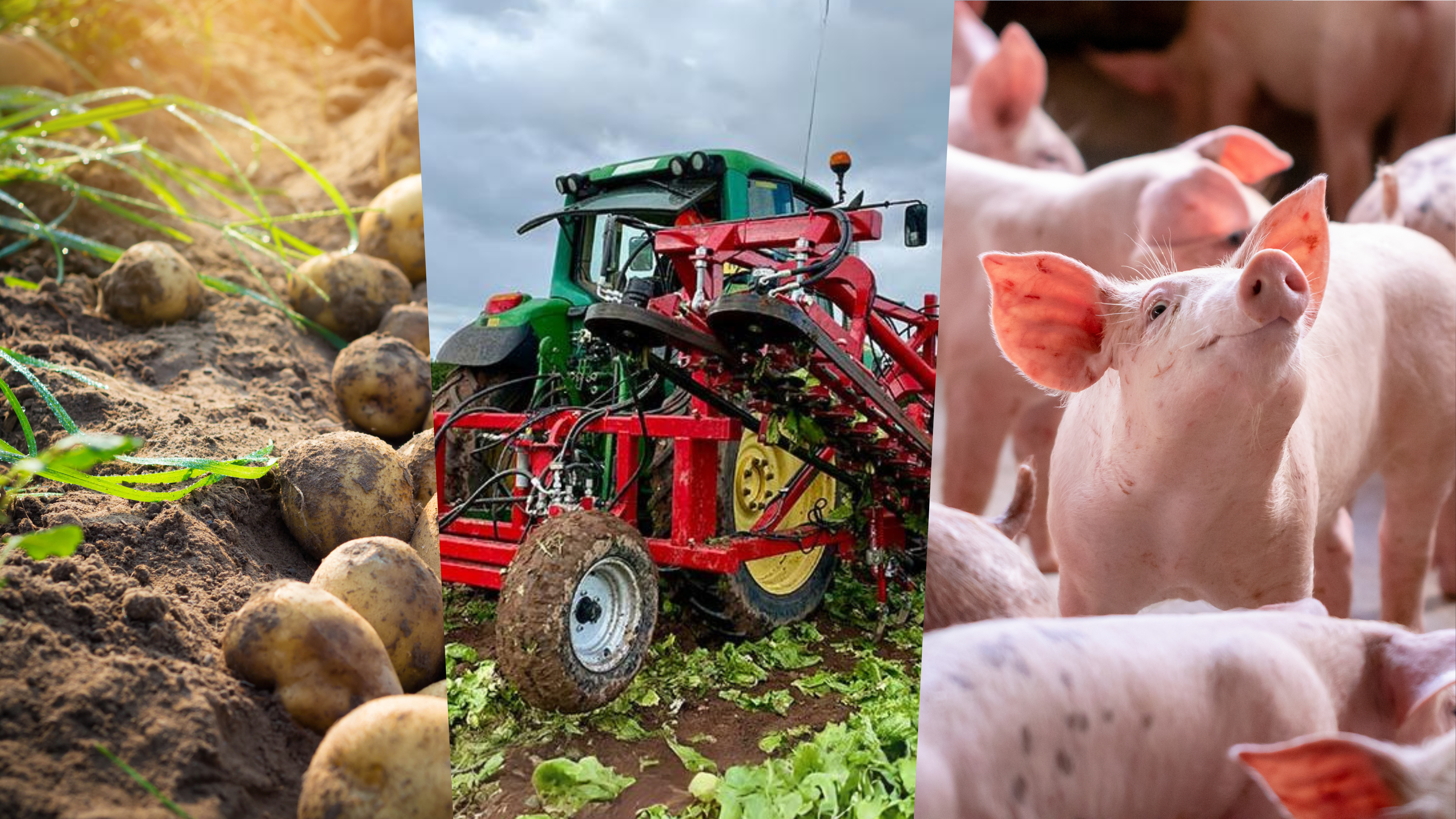 For nearly seven years the Agri-Tech Centres have been accelerating agri-tech science and innovation and its adoption by the agri-industries. The Centres – Agri-EPI, Crop Health & Protection (CHAP) and the Centre for Innovation Excellence in Livestock (CIEL) unite innovative businesses and cutting-edge expertise to bring ambitious projects and research to fruition. We focus on livestock food production, crop productivity, farm automation and scientifically proven solutions that improve economic and environmental sustainability.
For nearly seven years the Agri-Tech Centres have been accelerating agri-tech science and innovation and its adoption by the agri-industries. The Centres – Agri-EPI, Crop Health & Protection (CHAP) and the Centre for Innovation Excellence in Livestock (CIEL) unite innovative businesses and cutting-edge expertise to bring ambitious projects and research to fruition. We focus on livestock food production, crop productivity, farm automation and scientifically proven solutions that improve economic and environmental sustainability.
In this blog we cover examples of how we have supported innovative start-ups and multinational food and agricultural companies, such as PepsiCo, Inc., McCain Foods Ltd. and Grimme Group as well as businesses, including Morrisons PLC, Cranswick PLC, with farmers and academics to deliver new solutions.
Developing sustainable animal nutrition formulations
CIEL’s Sustainable Nutrition for Animal Protein Productivity project (SNAPP), which explores the use of novel feed materials for piglets post-weaning. Piglets are prone to poor growth and disease which often stem from gut damage. Zinc oxide has traditionally been used as a remedy, but it no longer has Market Authorisation in the UK and will only be administered until existing supplies reach the end of their shelf life. SNAPP has brought together industry and researchers to find a sustainable and viable alternative to zinc oxide with a focus on polyphenols, which can be found in agri-food by-products and processed to be added to piglet feed. The research offers significant opportunities for innovative animal feed formulations, supporting the UK economy and the transition to a low-carbon circular bio-economy.
Project partners: Leeds University, BioPower Technologies Limited, AgriFoodX Limited, Cranswick PLC, CIEL.
Tillage solutions that reduce greenhouse gas emissions
The preparation of soil for planting or sowing is considered one of the largest drivers of agricultural greenhouse gas (GHG) emissions, after fertiliser use. It causes organic carbon in the soil to release into the atmosphere as CO2 and this loss often reduces soil productivity and increases the need for fertiliser. CHAP partnered in the Potato-Lite project with major food manufacturers PepsiCo, McCain Foods GB Ltd., Grimme UK Ltd, leading universities and farm businesses to find low intensity tillage solutions that would improve soil health, reduce GHG emissions and safeguard farm profits.

